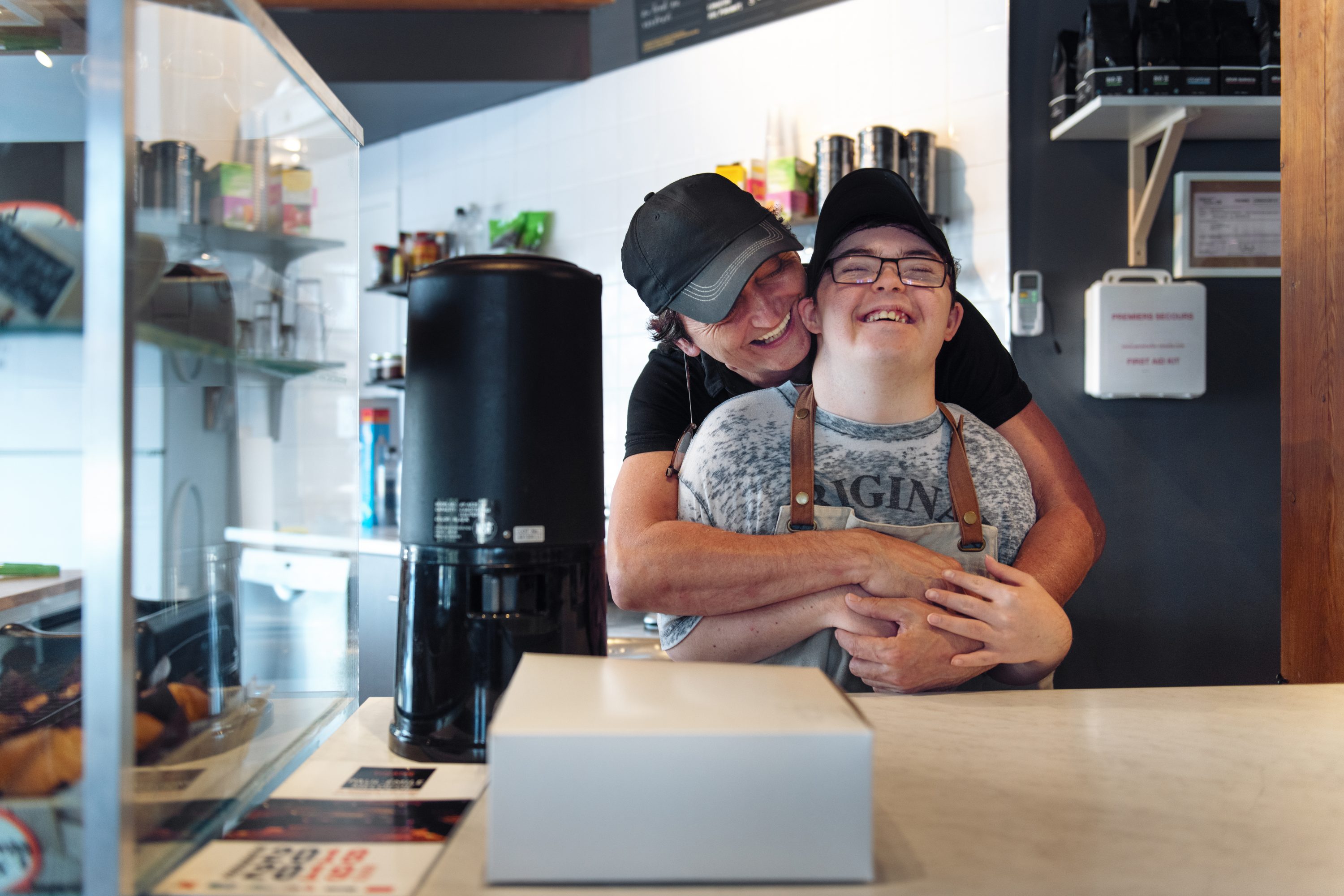
For the first time, people with a disability have a tool that measures wellbeing on their terms. Monash researchers say it could change the way governments and services track outcomes.
Every year, billions of dollars are spent on disability supports and services across Australia. Yet despite the scale of investment, a fundamental question remains: are these services actually improving lives?
A multi-disciplinary team from Monash, Sydney and Flinders universities has developed a world-first tool that could finally provide the answer.
One of the lead researchers, Professor Dennis Petrie from Monash Business School’s Centre for Health Economics, said disability supports often reflect the priorities of services rather than the people they serve.
“Measuring outcomes based on what people with disability say matters most is essential for creating policies and programs that are respectful, relevant, and effective,” Prof Petrie said.
“This approach promotes dignity, self-determination and equity, and helps ensure that progress is defined by whether people with disability are genuinely thriving.”
Finding a world-first solution
With the support of the National Disability Insurance Agency, the team has developed an evidence-based tool to measure wellbeing based on what people with a disability say matters most to them.
Unlike other frameworks, the DWI addressed a critical gap by capturing subjective wellbeing – how people with a disability feel about aspects of their lives.
“While the NDIS Outcomes Framework provides useful, objective indicators – such as whether someone is working, studying, or living independently – it often misses how people experience those aspects of life,” Prof Petrie said.
“The DWI adds this vital dimension.”
Importantly, the DWI is not tied to any particular service use or NDIS eligibility, enabling a broader, population-wide view.
“By focusing on lived experience and personal perceptions of wellbeing, the Index helps to monitor equity, inclusion, and quality of life in a way that is meaningful to disabled people, and comparable over time,” he said.
“It provides a more holistic, person-centred approach to measuring wellbeing and is designed to support better decision-making, policy design, and accountability.”
Co-designed from the ground up
Adjunct Professor Gang Chen said the DWI’s strength lies in its collaborative design.
The team worked with NDIS participants, carers, disability organisations, and government representatives to determine the most meaningful aspects for the Index to measure.
Small focus groups, co-facilitated by people with disability, involved 80 participants with diverse lived experiences.
An online survey of 1,647 NDIS participants was then used to refine the tool.
The result is a concise 14-item questionnaire covering key areas such as relationships, safety, autonomy, and respect.
Each response is carefully weighted according to its importance to respondents.
“The responses to the survey allowed us to create a final index with items that demonstrated better psychometric properties – the perceived importance of each item, the extent to which each item predicted global life satisfaction or quality of life, and the reliability of each item, Prof Chen said.
The DWI has a Standard and an Easy English version, and can be used by adults and young people aged 15 and older.
“It takes only a few minutes to complete, and few respondents report difficulty with it,” Professor Chen said.
Future potential and next steps
The research team envisions the Disability Wellbeing Index as a tool with broad national and international relevance.
“The Disability Wellbeing Index will be freely and publicly available and is not limited to the NDIS,” said Professor Anthony Harris.
“Although developed locally, there is no reason to believe that it could not be used internationally, at least initially, with the current set of preference weights for each response.”
Next steps include testing the Index’s responsiveness over time, exploring its relevance for Aboriginal and Torres Strait Islander peoples and culturally and linguistically diverse communities, and developing a version for children under 15.
Ultimately, Prof Harris said the DWI could change how success is defined in disability policy.
“If taken up by agencies, such as the NDIA, it will be the first preference-based wellbeing index to facilitate resource prioritisation in disability, monitor performance and evaluate the impact of changes in policy and practices,” he said.
“We hope that it will lead to improved delivery of services, and improved value for money as investment shifts from lesser to greater value services that provide comparatively greater contributions to wellbeing.”


